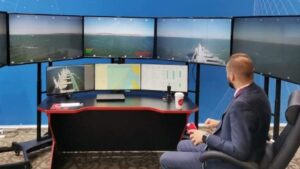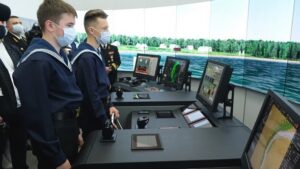New analytical study on MARINET markets in H2 2023 is available now
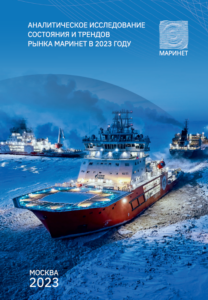 Industry association MARINET published new MARINET market research for the second half of 2023.
Industry association MARINET published new MARINET market research for the second half of 2023.
The analytical report includes an analysis of the main market segments and their growth rates, trends, barriers and risks in the development of new technology markets, including regulatory issues.
When compiling this review, more than twenty specialized studies, fifty publications in the media, public reporting and other materials on the activities of the MARINET market, as well as surveys and interviews with industry experts.
The digital version of the analytical study is available at the link:

 Русский
Русский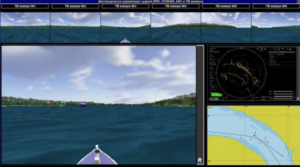 In 2023, MARINET together with industrial partner NPK Systems and Technologies, developed draft national standards GOST R “Operator simulator for an autonomous inland water merchant vessel. Terms and definitions” and GOST R “Operator simulator for an autonomous inland water merchant vessel” and a prototype of the simulator for remote operators of inland water autonomous vessel “ASM – 2023”.
In 2023, MARINET together with industrial partner NPK Systems and Technologies, developed draft national standards GOST R “Operator simulator for an autonomous inland water merchant vessel. Terms and definitions” and GOST R “Operator simulator for an autonomous inland water merchant vessel” and a prototype of the simulator for remote operators of inland water autonomous vessel “ASM – 2023”. 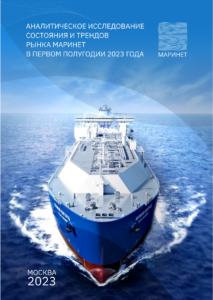 Industry association MARINET published new MARINET market research for the first half of 2023.
Industry association MARINET published new MARINET market research for the first half of 2023. On the eve of the
On the eve of the 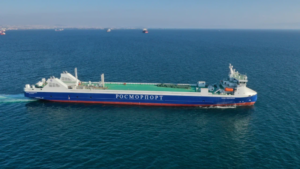
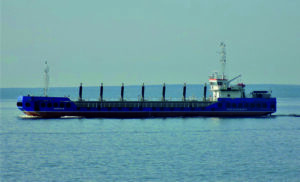 Russia sent the official report on autonomous ships trials of 2021 to the International Maritime Organization. The proper reporting is requested by the Interim Guideline on MASS Trials (MSC.1/Circ.1604) issued by the IMO in 2019. Previously, Japan, China and France also reported on MASS (maritime autonomous surface ship) trials conducted in those countries.
Russia sent the official report on autonomous ships trials of 2021 to the International Maritime Organization. The proper reporting is requested by the Interim Guideline on MASS Trials (MSC.1/Circ.1604) issued by the IMO in 2019. Previously, Japan, China and France also reported on MASS (maritime autonomous surface ship) trials conducted in those countries.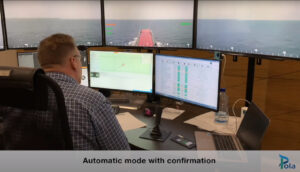
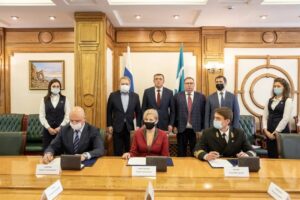 18 декабря в Южно-Сахалинске под патронатом губернатора Валерия Лимаренко два ведущих вуза Дальнего Востока в области морских технологий – Морской государственный университет имени адмирала Г.И. Невельского и Сахалинский государственный университет – и судоходная компания «Морспецсервис» подписали соглашение подготовке специалистов автономной навигации (a-Навигации).
18 декабря в Южно-Сахалинске под патронатом губернатора Валерия Лимаренко два ведущих вуза Дальнего Востока в области морских технологий – Морской государственный университет имени адмирала Г.И. Невельского и Сахалинский государственный университет – и судоходная компания «Морспецсервис» подписали соглашение подготовке специалистов автономной навигации (a-Навигации).